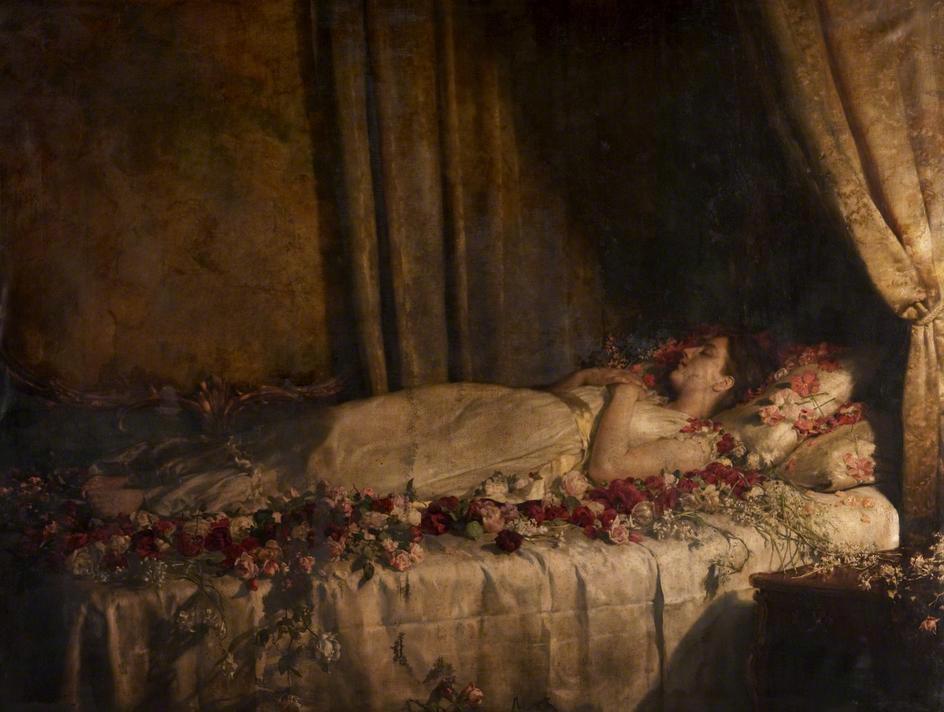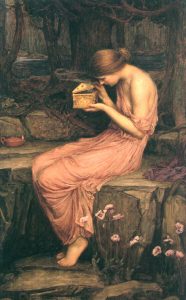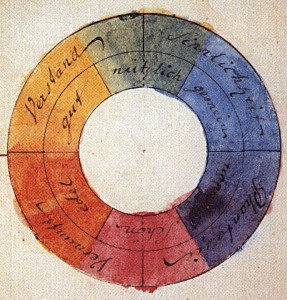Fear no more the lightning flash,
Nor the all-dreaded thunder stone;
Fear not slander, censure rash;
Thou hast finished joy and moan:
All lovers young, all lovers must
Consign to thee, and come to dust.
-Shakespeare
The aim of our lives, I often reflect, should be to become free. Free to exist as we wish, to dare to think, look and to feel in a way that reflects our true selves.
For an artist, freedom is in some ways allowed more easily than to others. In this profession, one is allowed to be a little strange. In some ways it is even expected of an artist; expected that our daily rhythms are not so fixed, that we may be wholly and completely arrested by the smallest thing -a blade of a grass which cuts the air swiftly like a sword, the eye of a fish opening a gate to the underworld with its stare, a paragraph in a book which was written as if straight into our heart with love’s hot needle. So the creative mind swoons at the face of such mysteries, deeply moved, and the person who is perhaps not so inclined looks upon this and thinks, what a wonderfully easy, free (and a little bit useless) life you must lead!
But, freedom is no synonym to comfortable, nor to easy (as is indeed not, the life of an artist, either). Quite the opposite. Freedom is actually quite difficult. It takes work, to not to care for the critics and the slander, to keep doing your thing when all the doors seem to close while simultaneously, nothing opens, to do your thing despite that it may be something which is not considered the norm. Any practicer of the Left Hand Path is familiar with such confrontations with their surroundings. Success takes that one is true to themselves and very brave, which is very hard indeed.
Certainly, freedom is not for everyone, because not everyone can handle it. We are taught to not handle it; we are taught to not lead and to not experience, but to obey and follow instructions and protocols. To not care very much, to not feel very deeply. The curse of our times is a kind of nihilism and apathy. It’s very easy to fall prey to belittling everything -that one person can’t make a difference, that at a certain age one should no longer play, that things don’t matter, that I should not hold the reins of my own life – and so forth.
What I often find common in people who are, shall we say, free, is that they think of death quite a lot. The realisation that everything dies; one’s parents, friends, pets, yourself, that time is ticking away- there’s something very liberating in this. Both because we will cease to be, our bodies will disappear into the earth, and slowly every item that we touched, will break, be forgotten, burned, thrown away- it all will come to dust.
Death truly is the great liberator and depending on how we relate to death and dying, the idea of dying can either feel like a suffocating prison or the ultimate freedom.
Death will tear away the chains of flesh which bind us here. It will tear away our emotions, the things we touch, the things that touched us. In the face of our struggles, problems, fears, death looks upon, impassive, untouched, inevitable.
What a wonderful thing, that in the midst of life which is filled with chaos, something can be trusted to happen so surely. Perhaps death is the only thing that can be trusted.
Then why should one be afraid of anything if the price for that is the loss of one’s freedom, or that one would never even taste freedom in the first place? How many times is it so that a person, at the moments before their death feels fear and regret? Regret for the things they did not do, for the words they dared not speak in fear of being ridiculed or judged? The passions they dreamt of but never dared live?
It may well be a life-long journey to learn how to fear no more -to not fear freedom, nor that great liberator to whom we all must in the end bow our heads to. But these are worth thinking about. The latter will come inevitably whether one wants it or not. But the former is something that one has to work towards achieving and earning.




